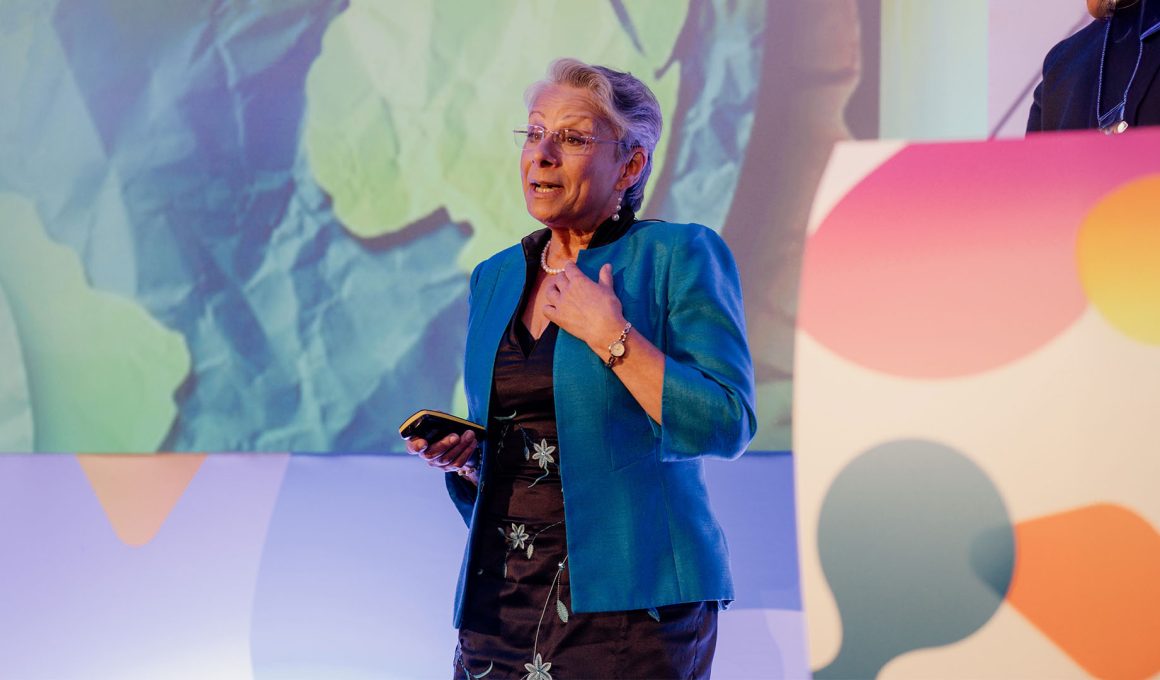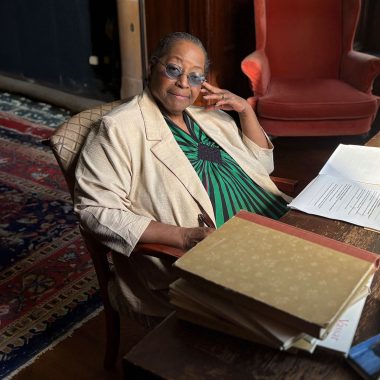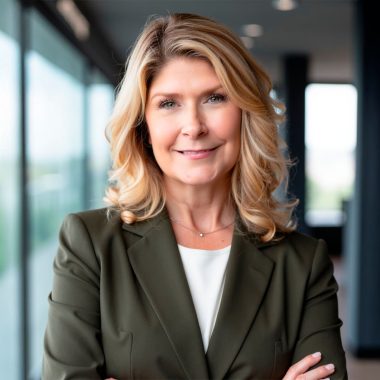Strategic inflection points can make or break organizations, yet many executives struggle to navigate these critical moments effectively. The challenge isn’t just recognizing when change is needed, but understanding how to lead teams through uncertainty while still maintaining organizational momentum. With decades of experience coaching leaders across 80+ countries, Kanthi Ford has developed specialized approaches for guiding executives through these pivotal transitions that determine long-term success.
From Television to Transformational Leadership
Kanthi’s path to executive coaching didn’t follow a traditional route, it started in television. “I began my career in broadcast journalism. I always knew I wanted to direct investigative documentaries, not dramas,” she recalls. That grounding in storytelling and truth-seeking shaped her next move: founding a business that helped senior leaders navigate media crises with clarity and confidence. Her shift into change management came through hands-on experience. While supporting executives at an organization in the midst of a major restructuring, she noticed something deeper at play. “They were creating chaos in the city simply because they didn’t know how to communicate effectively with the media,” she explains. After several months of guiding them through the turmoil, the organization asked her to come on board full-time to help lead their change efforts. “That experience showed me just how powerful change management can be, and how essential coaching is to doing it well.”
Since launching KFV Consulting in 2001, Kanthi has partnered with thousands of organizations in over 80 countries, helping them navigate complex transformations. “I’ve become an expert in shifting company culture, not just because I studied it, but because I’ve lived it with so many businesses around the world,” she says.
Recognizing the Real Challenge
Many executives miss the fundamental issue when their organizations hit critical turning points. “A lot of organizations and executives manage what needs to be done and how it needs to be done, but they don’t recognize why they’re doing it,” Kanthi observes. This disconnect creates cascading problems throughout the organization. Leaders often operate several steps ahead of their teams, forgetting that others need time to process change. “They certainly don’t explain it to the people in their organizations because they’re always several steps ahead in any decision they’ve made. So they forget everybody else has got to go through that same cycle of listening, absorbing, and understanding it,” she explains.
Another significant challenge involves psychological readiness. Organizations have maturity levels that affect their capacity for change, yet executives rarely assess this properly. “Quite often organizations haven’t assessed how psychologically prepared the exec team is to lead this, let alone the rest of the organization,” she points out.
Practical Coaching Frameworks
Her approach varies depending on what needs to shift within the organization. “A very important first step is to identify what it is that we’re trying to shift. That will determine what sort of framework we use,” she explains. Leadership assessments form a crucial foundation, utilizing tools such as Hogan, Insights, other psychometric profiling, and 360-degree sessions. These assessments help identify current capabilities and required psychological shifts. “You can identify who they are, how they’re perceived, and what psychological shift is required to take them further,” she notes. The process then examines communication skills and leadership development needs. Her toolkit includes scenario planning, prioritization techniques, and understanding polarities. She primarily works one-on-one with senior executives, though she also conducts group coaching for middle managers and specialized programs for emerging leaders.
Looking toward the future, Kanthi sees executive coaching evolving around uniquely human capabilities. “The future is very much in evolving humans,” she states. The biggest demand centers on developing executives into fully rounded leaders capable of managing multigenerational workforces and maximizing human potential. Recent experiments with AI coaching simulators revealed current limitations. “We were playing with a coaching simulator,” she describes from a recent executive session. While useful for basic conversations, “it can’t deal with the nuances of humans.” When executives tested it with difficult scenarios or unexpected questions, “it just shut them down. It would say, ‘This is not an appropriate conversation,’ and end the session.”
This limitation highlights why emotional intelligence remains crucial. “Programming robots to be emotionally intelligent with the millions of variations we have in humans will become quite difficult,” she observes. Kanthi’s advice for executives facing uncertain times is simple but crucial. “When we’re dealing with uncertainty, people go into defensive action or aggressive action. It’s important to encourage leaders to take the space to reflect on what they’re doing and why they’re doing it before they make any decisions.” Understanding where your organization sits psychologically (it may not be consistent across the functions) before making changes can mean the difference between successful transformation and expensive failure. “You’ve got to be clear about how the organization is split up in terms of its maturity before you start making decisions on changing it.”
Follow Kanthi Ford on LinkedIn to learn more about navigating change with psychological insight and coaching that drives real organizational transformation.








